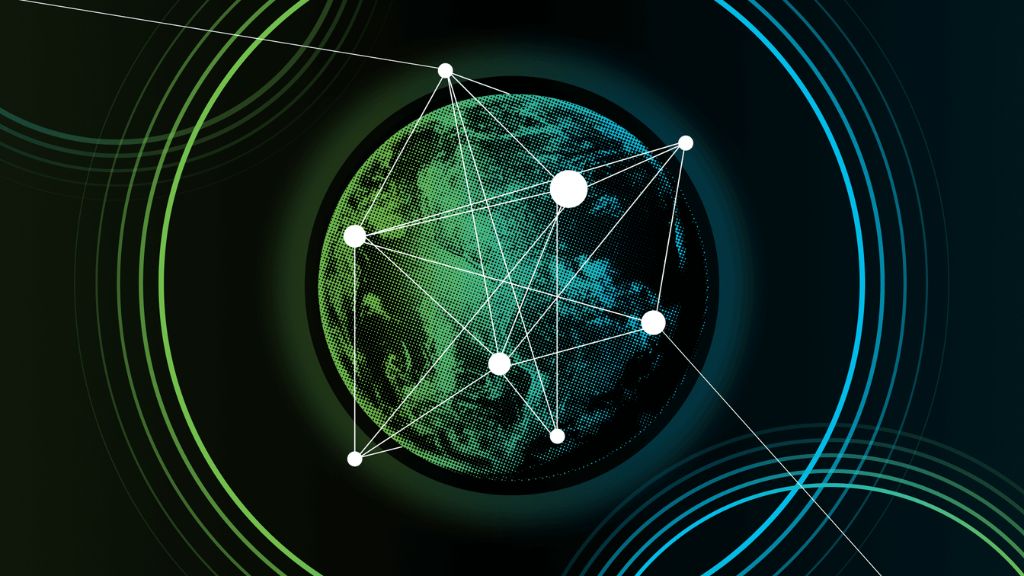The Role of Quantum Computing in Revolutionizing Communication Systems

Quantum computing is emerging as a transformative force in the field of communication, promising to revolutionize how data is transmitted, processed, and secured. Traditional communication systems rely on classical computers that use bits—representing data in binary form (0s and 1s)—to process and transmit information. Quantum computing, however, utilizes qubits, which can exist in multiple states at once, allowing for vastly more complex computations and problem-solving. This key difference holds the potential to unlock significant advances in the speed, security, and efficiency of communication networks worldwide.
Quantum Computing’s Impact on Communication
Quantum computers are not just faster versions of classical computers—they fundamentally change how information is processed. In the realm of communication, this opens up entirely new possibilities. For instance, the use of quantum algorithms can enhance data transfer rates and enable more efficient handling of vast amounts of data, especially as global communication networks continue to expand in size and complexity.
One of the most promising and highly anticipated applications of quantum computing in communication is quantum cryptography. In today’s digital world, ensuring secure communications is paramount, especially for industries like finance, healthcare, and defense. Quantum cryptography leverages the principles of quantum mechanics to provide secure channels for data transmission. Specifically, quantum key distribution (QKD) allows for the sharing of encryption keys between two parties using quantum particles such as photons. If a third party attempts to intercept the key, the very act of measurement disturbs the quantum state, alerting the users to a potential breach. This makes QKD virtually immune to hacking, offering unprecedented levels of security in sensitive communications.
Quantum Networks and the Future of Data Transmission
Beyond security, quantum computing is expected to lead to quantum networks, a new type of communication network where data transmission is enhanced by quantum entanglement. Quantum entanglement allows particles to remain interconnected regardless of distance, meaning changes in the state of one particle can instantaneously affect another. This phenomenon opens up the possibility for faster-than-light communication, which could drastically reduce latency and enhance real-time communication capabilities.
In practice, quantum networks could revolutionize global telecommunications, enabling seamless and ultra-fast communication across continents. By integrating quantum routers and repeaters, quantum information can be transmitted over long distances without the usual signal degradation that occurs in classical networks. This can have far-reaching implications, from improved internet services to more efficient global communications for businesses, governments, and consumers.
Applications in Key Industries
The impact of quantum computing on communication isn’t limited to just one sector. Several industries stand to benefit significantly from quantum-enhanced communication technologies:
- Telecommunications: Telecommunications companies are already exploring how quantum computing can optimize network traffic, improve data flow, and create more reliable communication channels. The ability to manage complex data routing with fewer bottlenecks can significantly improve customer experience and reduce operational costs.
- Financial Services: For financial institutions, secure communication is critical to protect sensitive transactions and prevent fraud. Quantum computing’s encryption capabilities can ensure that banking information and stock market data are transmitted securely, reducing the risk of cyber-attacks.
- Healthcare: In the healthcare sector, secure and fast communication is essential for sharing patient data, research findings, and medical innovations. Quantum-enhanced security can protect patient privacy, while the improved processing capabilities of quantum computing can facilitate faster and more accurate medical data transmission, improving diagnostics and treatment outcomes.
- Defense and Government: Quantum computing is poised to play a crucial role in enhancing military and government communication networks. In defense, secure communication systems can help prevent unauthorized access to classified information, while the speed and reliability of quantum networks can improve decision-making in critical operations.
Challenges and Opportunities Ahead
Despite its enormous potential, quantum computing in communication still faces several challenges before it can be fully implemented on a global scale. One of the primary challenges is the development of stable and scalable quantum hardware. Current quantum computers are still in their infancy, and large-scale, fully functioning quantum systems are not yet a reality. Researchers are also working on developing the necessary infrastructure, such as quantum repeaters, to extend the distance over which quantum communication can occur.
Furthermore, the cost of building and maintaining quantum communication networks remains high. However, as technology evolves and more research is conducted, the costs are expected to decrease, making quantum networks more accessible to businesses and governments alike.
Despite these hurdles, the race to harness the full potential of quantum computing in communication is already well underway. Major tech companies like Google, IBM, and Microsoft, as well as governments and academic institutions, are investing heavily in quantum research. The development of quantum satellites and quantum internet prototypes are just a few examples of the progress being made in this field.
The Future of Quantum Communication
As quantum computing technology matures, its applications in communication will continue to expand, enabling faster, more secure, and more efficient data transmission across the globe. In the future, quantum computers could be integrated with classical communication systems to create hybrid networks, combining the strengths of both to optimize performance.
In summary, quantum computing is set to redefine how communication systems function, bringing about advances in security, speed, and reliability that were previously thought impossible. While there are still challenges to overcome, the long-term benefits of quantum-enhanced communication will undoubtedly transform industries and open up new possibilities in the digital age. The future of communication is quantum, and it is coming faster than we think.




